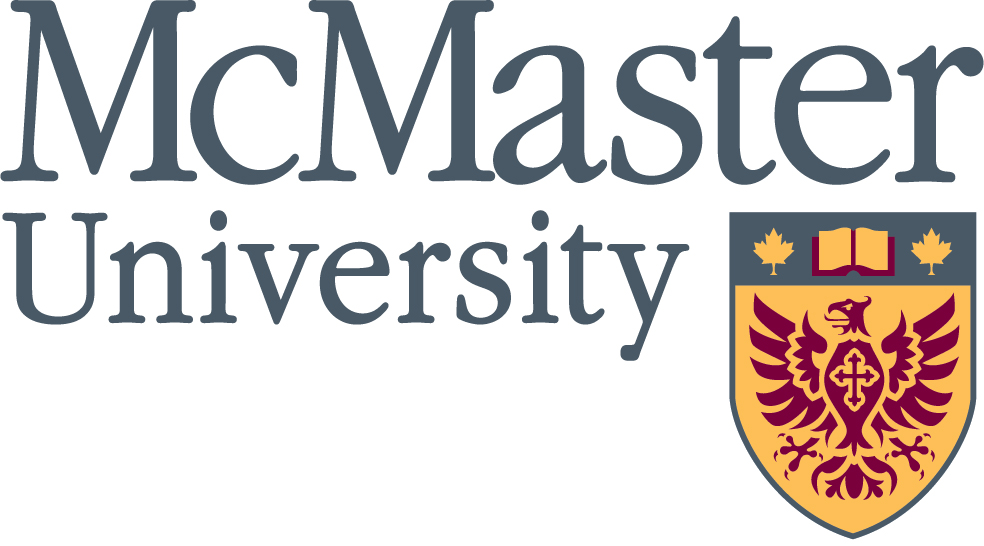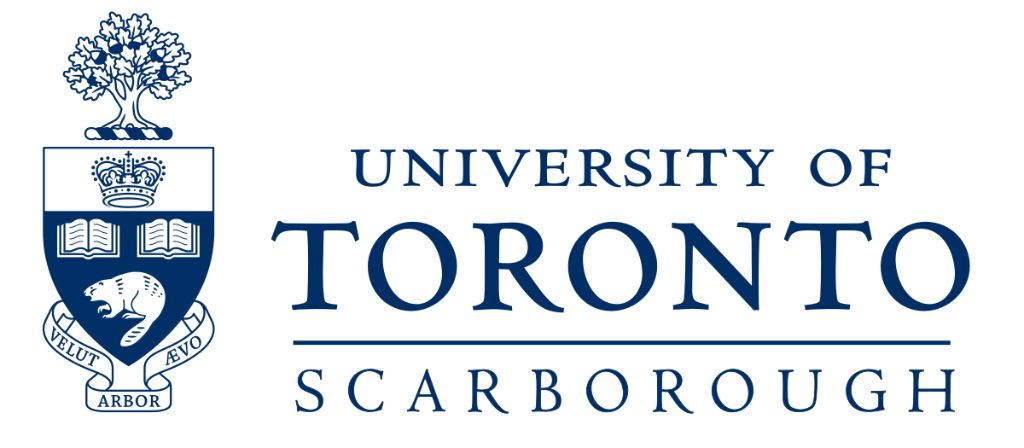Award 25316-CA
Research Chairs in Health STUDIES
- COMPETITION CLOSED
- Awards to be taken up in the 2025-2026 Academic Year
- Applications accepted until September 16, 2024
- The next competition, for awards to be taken up in the 2026-2027 Academic Year, will open in February 2025
- US$25,000 for 4 months
- Grants begin in either September 2025 or January 2026
- Fulbright Canada Program Officer, Recruitment
- Formal letters of invitation should not be sought; however, applicants are encouraged to contact the institution to discuss research interests.
Fulbright Canada Research Chair in Mental Health and Marginalized Communities, Adler University
Adler University (Vancouver, British Columbia) will host a visiting scholar who is working in the field of mental health with marginalized communities. The University's namesake, Alfred Adler, was one of the first practitioners to write about the social determinants of health and of mental health. His work undergirds the University’s commitment to social change by graduating socially responsible practitioners, engaging communities, and advancing social justice; we do so by graduating clinical psychologists, counsellors, art therapists, public policy advocates and organizational psychologists. The successful candidate will engage with faculty and students from these various fields and, possibly, one or more of our various community partners who are critical to the scholar/practitioner model which guides our work. Some guest lecturing will be scheduled in addition to a Fulbright Public Lecture.
Specialization: Psychology, Counselling Psychology, Clinical Psychology, Public Policy and Administration, Art Therapy, Industrial/Organizational Psychology, Environmental Health, Health Equity, Health Policy, Child & Youth Mental Health, and Social Justice.
Fulbright Canada Research Chair in Indigenous Research in the Field of Dental Medicine and Oral Health Sciences, McGill University
Faculty of Dental Medicine and Oral Health Sciences
The Faculty of Dental Medicine and Oral Health Sciences at McGill University aims to expand its existing, unique community-based research and to create innovative research and knowledge mobilization to engage staff, clinicians, and researchers in addressing the disparities faced by Indigenous communities. The chair will help to foster relationships with Indigenous communities and organizations to benefit Faculty outreach and to establish the Faculty's reputation as a leading institution in the field of Indigenous research. The Indigenous research program aims to address the historical and ongoing oral health disparities that Indigenous populations in Canada face, driven by factors such as colonization and discrimination. The research will focus on areas such as the impact of systemic racism on oral health, cultural safety and cultural competence in integrated oral health care, underrepresentation of Indigenous persons in dentistry, Indigenous knowledge, the development of best practices for the education and training of Indigenous dental professionals, and the development of academic programs in Indigenous communities. The visiting research chair will bring a fresh perspective and new ideas to the Faculty's research and academic programs, helping to establish the Faculty as a leading institution in the field of Indigenous research and providing active mentorship for research trainees. The Chair will have the opportunity to work closely with the Faculty and McGill academics and researchers to conduct research, give lectures and seminars and foster knowledge mobilization in the areas of Indigenous research, curriculum development, partnership development, student mentorship, and community engagement.
Specializations: Indigenous, Oral Health, Disparities, Determinants, Interventions, Colonization, Social Determinants, Trauma, Rural, Remote, Traditional, Knowledge, Training, Healers, Community-based, Participatory Research.
Fulbright Canada Research Chair in Mental Health and Societal Wellbeing, McMaster University
The Faculty of Social Sciences will host a visiting scholar who will be able to work within a range of mental health areas from both an academic and community standpoint. They are seeking someone with research interests in the social experiences, social determinants and societal consequences of mental health and illness from a social science perspective. Successful candidates will engage with faculty members in a range of disciplinary and interdisciplinary programs. As one of Canada’s leading universities, known for its innovation and research intensiveness, McMaster University offers visiting scholars exciting and unique opportunities for research, education and collaboration.
Specialization: Areas of central concern include critical perspectives on mental health and illness, navigating life transitions and mental health, mental health and resilience, and the implications of new technologies and mental wellbeing.
Fulbright Canada Research Chair in Healthy Northern or Indigenous Communities, University of Alberta
The School of Public Health is committed to advancing health through transdisciplinary inquiry and by working with their partners in promoting health and wellness, protecting health, preventing disease and injury, and reducing health inequities locally, nationally and globally. As agents of change, their responsibility is to contribute to environmental, social and economic sustainability for the welfare of future generations. At its core, public health is about what is best for all of us. The University of Alberta School of Public Health was the first school of public health in Canada to be accredited by the US Council on Education for Public Health, and, in 2018, their rigorous adherence to the criteria and commitment to excellence has resulted in their accreditation for an additional seven years. Located on Treaty 6 territory, in Edmonton, Alberta and housed in one of Canada’s top research universities, the School of Public Health is a vibrant faculty offering exciting opportunities for research that builds on the strengths of northern communities. We welcome scholars who are advancing the understanding of health and wellness in the Arctic through meaningful community engagement and inclusive methodologies. The School is internationally recognized for its research excellence, engaged community of scholars, students, and external partners, and its impact on society, locally and globally. The School of Public Health is committed to renewing relationships with Indigenous Peoples, and to creating an inclusive, mindful and respectful teaching, learning and research environment (Indigenous Reconciliation Initiatives).
Specialization: Applied Public Health; Artificial Intelligence and Big Data; Climate Change; Epidemiology; Environmental Health; Health Economics; Health Equity; Health Policy; Health Promotion; Health Systems Improvement; Healthy Cities; Global Health; Indigenous Health; Northern Health; Urban Health.
Fulbright Canada Research Chair in One Health, University of Guelph
The most serious issues facing humans, animals and the environment cannot be solved within current disciplinary silos. At the University of Guelph (UG), transdisciplinary One Health research and training brings disciplines together and leverages knowledge generation to benefit society.
This Research Chair will employ and extend the One Health framework in innovative ways, using approaches drawn from the spectrum of interdisciplinary areas under the One Health umbrella. These areas include research into diseases arising at the interface of human and animal populations and their shared environments, food safety and security, antimicrobial use and resistance, sustainable agriculture, and climate change, among others.
This Research Chair will contribute to the training of researchers and veterinarians, providing them with an understanding of the power of the One Health framework for addressing global health challenges. The Chair will have an opportunity to engage with a variety of One Health stakeholders including agri-food industries, federal and provincial human and animal health agencies, as well as drawing upon productive partnerships with research teams and centres at UG: the One Health Institute, Centre for Public Health and Zoonoses, the Cooperative Wildlife Health Cooperative and the Bench to Bedside Institute for Translational Health Research and Innovation.
Specialization: Zoonosis, disease surveillance, predictive health analytics, climate change, food and water safety, antimicrobial resistance, human and animal well-being, comparative medicine, translational medicine, eco-health, wildlife conservation, ecosystem resilience.
Fulbright Canada Research Chair in Sustainability Transitions, University of Toronto Scarborough
Institute for Resilient and Inclusive Societies and Ecosystems (iRISE)
The challenges of the current climate crisis, the health of our planet, the well-being of individuals and societies, and the inclusiveness and sustainability of local and global economies are deeply intertwined. The solution to these challenges is rarely linear and requires us to bring different kinds of knowledges and communities into dialogue. The Fulbright Canada Research Chairholder will be engaged in research that seeks to address these challenges by synthesizing scholarly thought from different disciplines to create collaborative solutions to the vexing problems of our time, in Canada and around the world.
iRISE is a network of research institutes at the University of Toronto Scarborough (UTSC) comprised of three founding institutes: the Institute for Environment, Conservation and Sustainability; the Institute for Inclusive Health and Well-Being; and the Institute for Inclusive Economies and Sustainable Livelihoods. It also includes the Sustainable Development Goals (SDGs) Institutional Strategic Initiative, which supports transdisciplinary research engaged in understanding and implementing the SDGs established by the UN in 2015. Through its establishment of iRISE, UTSC affirms its commitment to convergence research that empowers communities and individuals, and informs future global goals for a just, equitable, inclusive, and sustainable future.
Specializations: Research should relate to sustainability, broadly understood, and match research priorities of the institutes and Initiatives within iRISE, including environment and climate change, poverty reduction, health inequities, and sustainable development.
Fulbright Canada Research Chair in Healthy People and Planet, University of Victoria
The broad theme, “Healthy People and Planet,” reflects the University of Victoria’s commitment to addressing the urgent challenges facing human wellbeing, oceans, lands, and the economy. Surrounded by the Pacific Ocean, temperate coastal rainforests and a vibrant and progressive community, the UVic campus is located on the southern tip of Vancouver Island in the capital city of British Columbia on the traditional territories of the lək̓ʷəŋən peoples and the Songhees, Esquimalt and WSÁNEĆ Nations. UVic is ranked #12 in the world by the Times Higher Education Impact Ranking for its deep and ongoing research, education, creative and operational contributions to the UN Sustainable Development Goals. UVic is also internationally known and ranked #1 in North America by the Leiden rankings for a strong culture of interdisciplinary, international and community-based collaboration.
The proposed research of the UVic Fulbright Chair holder can encompass any area of study and practice contributing to health and wellness, ocean and climate science, poverty reduction, smart sustainable cities, water security, ecosystem conservation, climate policy, and so on. Scholars must describe to the adjudicators how their work contributes to this theme and will augment existing or emerging research strengths. The Chair holder will benefit from and contribute to research collaborations with individual scholars and interdisciplinary teams and contribute to supporting the mandates of key research centres or institutes in their area of study and expertise. The expectation is that the Chair will share their expertise and influence leading edge practice within the UVic research enterprise and exploring opportunities for knowledge translation and dissemination within the broader community.
Specialization: Climate; environment; clean tech; energy; sustainability; security; social justice; equity; Indigenous-led scholarship; technology; health; wellbeing; aging; innovation; applied science; impact; public policy; knowledge mobilization; UN Sustainable Development Goals.










